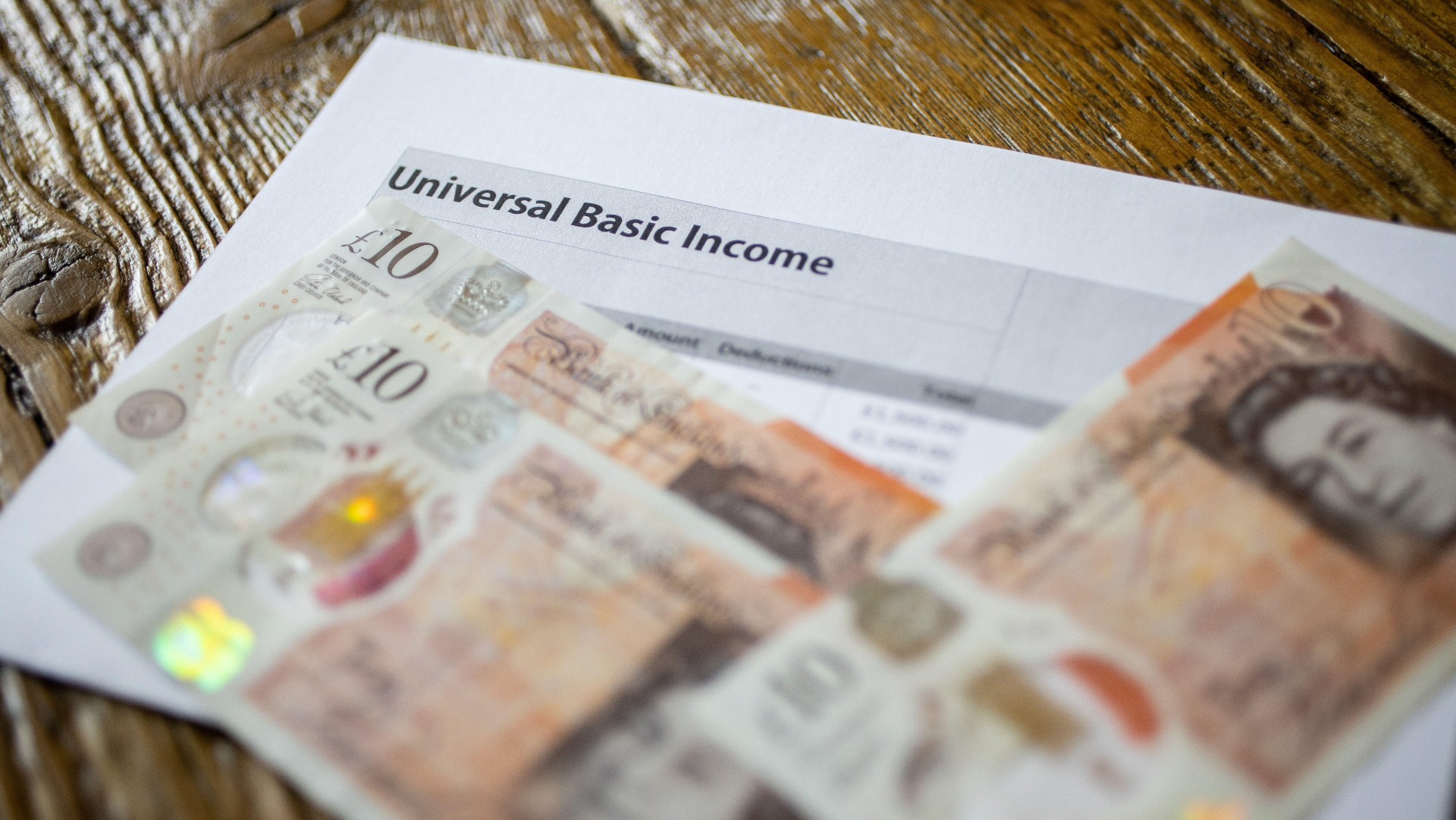Plans for first universal basic income trial in England
If scheme secures funding, participants would receive £1,600 per month and be monitored for two years

A free daily email with the biggest news stories of the day – and the best features from TheWeek.com
You are now subscribed
Your newsletter sign-up was successful
Thirty people will receive £1,600 per month if England’s first universal basic income trial gets the go-ahead.
Researchers from the independent think tank Autonomy are seeking funding for a two-year pilot programme, said BBC News, “to see how it would change the lives of the group”.
The trial, supported by Northumbria University and the Big Local charity initiative, would select 30 participants “at random from a pool of volunteers” in Jarrow, South Tyneside, and East Finchley in north London, said The Independent, with 20% of places reserved for people with disabilities.
The Week
Escape your echo chamber. Get the facts behind the news, plus analysis from multiple perspectives.

Sign up for The Week's Free Newsletters
From our morning news briefing to a weekly Good News Newsletter, get the best of The Week delivered directly to your inbox.
From our morning news briefing to a weekly Good News Newsletter, get the best of The Week delivered directly to your inbox.
Each person in the group would receive £1,600 a month “without any conditions, while researchers monitor what effects the cash has on their lives”, reported the Daily Mail. A control group would also be monitored, without being paid.
The scheme would cost about £1.6 million, with £1.15 million for the payments and about £500,000 for evaluation, admin and support.
Critics of universal basic income (UBI) say it would divert resources from public services without alleviating poverty, while supporters say it would simplify the existing welfare system.
“All the evidence shows that [a UBI] would directly alleviate poverty and boost millions of people’s wellbeing,” Will Stronge, director of research at Autonomy, told BBC News. “The potential benefits are just too large to ignore.”
A free daily email with the biggest news stories of the day – and the best features from TheWeek.com
He told The Guardian that “we want to see what effect this unconditional lump sum has on people’s mental and physical health, whether they choose to work or not”.
The scheme would be the first of its kind in England, but similar pilots are underway in the US and elsewhere. Last year, the Welsh government launched a £20 million two-year trial offering £1,600 a month before tax to 500 young care leavers.
In 2020, calls from more than 170 MPs and peers for a basic income during the pandemic were rejected by the then chancellor, Rishi Sunak.
Harriet Marsden is a senior staff writer and podcast panellist for The Week, covering world news and writing the weekly Global Digest newsletter. Before joining the site in 2023, she was a freelance journalist for seven years, working for The Guardian, The Times and The Independent among others, and regularly appearing on radio shows. In 2021, she was awarded the “journalist-at-large” fellowship by the Local Trust charity, and spent a year travelling independently to some of England’s most deprived areas to write about community activism. She has a master’s in international journalism from City University, and has also worked in Bolivia, Colombia and Spain.
-
 The Olympic timekeepers keeping the Games on track
The Olympic timekeepers keeping the Games on trackUnder the Radar Swiss watchmaking giant Omega has been at the finish line of every Olympic Games for nearly 100 years
-
 Will increasing tensions with Iran boil over into war?
Will increasing tensions with Iran boil over into war?Today’s Big Question President Donald Trump has recently been threatening the country
-
 Corruption: The spy sheikh and the president
Corruption: The spy sheikh and the presidentFeature Trump is at the center of another scandal